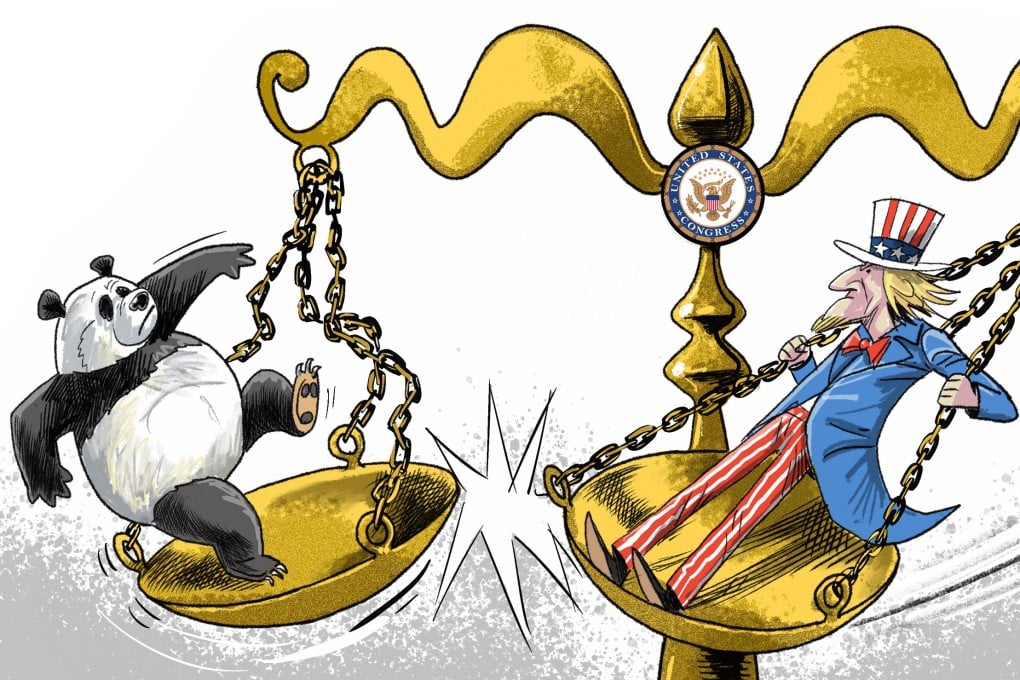Advertisement
Opinion | China-baiting by the US Congress shows little has changed since the China Exclusion Act
- From banning Chinese immigrants in 1882 to barring Chinese property buyers in 2023, as part of the Eight Nation Alliance in 1900 or a China-containing Western bloc today, America is still not doing justice to China
Reading Time:4 minutes
Why you can trust SCMP
11

More than 140 years ago, US president Chester Arthur signed the notorious Chinese Exclusion Act, the only federal law in US history to exclude immigration based on nationality. It took more than 60 years before Congress abolished it and another 70 years before Chinese-Americans received a much-delayed apology from the institution.
While that apology is still ringing in our ears, Florida governor and US presidential hopeful Ron DeSantis signed into law in May a bill that again targets Chinese citizens – effectively excluding them and the citizens of six other “countries of concern” from acquiring real estate in Florida.
This is just one example of a wave of what are seen as “China-baiting” laws and proposed legislation in America in recent years. Let me take a few examples just from the first half of this year.
On March 20, after gaining unanimous consent in both houses of Congress, the Covid-19 Origin Act was signed into law by President Joe Biden. The act said there was “reason to believe the Covid-19 pandemic may have originated at the Wuhan Institute of Virology” and required the director of national intelligence to submit a report. Yet, three months later, the head of US intelligence found no evidence the virus was created in the Chinese government’s Wuhan research laboratory.
On April 17, the House of Representatives, by a vote of 405-6, overwhelmingly approved the Upholding Sovereignty of Airspace Act to demand that China be held accountable “for the violation of United States airspace and sovereignty with its high-altitude surveillance balloon”. Before it had a chance to become law, however, Pentagon spokesman Patrick Ryder last month admitted that the balloon, shot down by the air force on February 4, did not collect information over the US.
Just two days later, mere weeks after US lawmakers had grilled TikTok chief executive Chew Shou Zi over so-called dangerous content, the House voted overwhelmingly (410-8) for a bill targeting Huawei Technologies and ZTE Corp. Called the Countering Untrusted Telecommunications Abroad Act, the legislation proposes to ban the two Chinese companies and their subsidiaries and affiliates from providing telecommunications equipment or services in the US.
Advertisement
